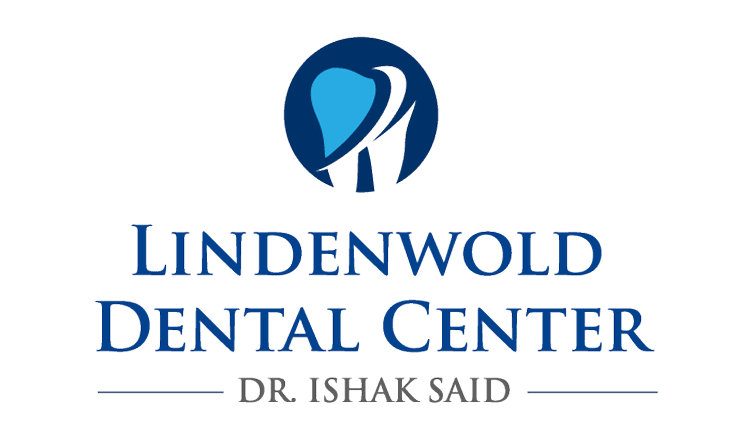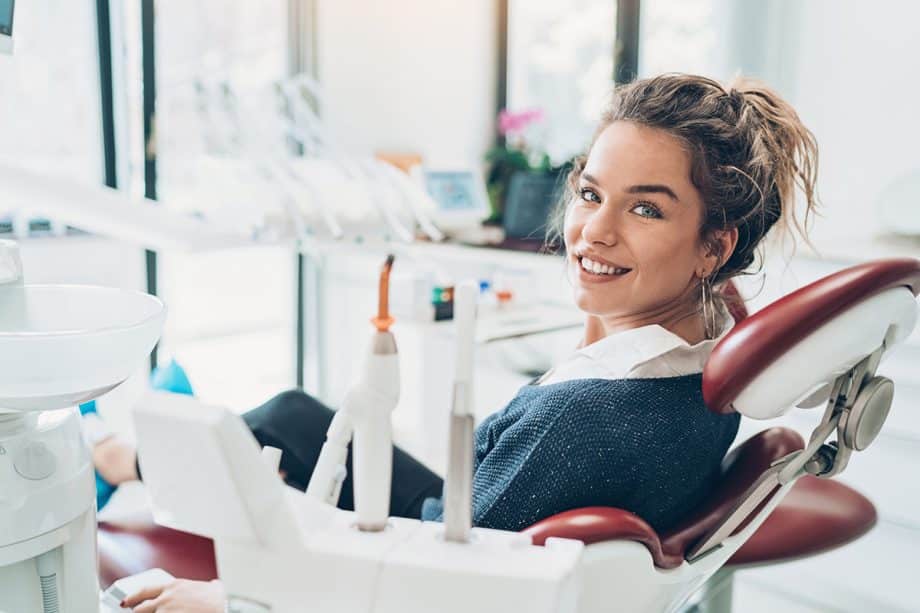The question of how often you should get a dental cleaning comes up for patients that are weighing the recommended protocols of the dental profession against their costs, insurance coverage, and general scheduling of their day-to-day lives.
The American Dental Association recommends that patients receive a dental cleaning twice per year, or every six months. Not only is such a schedule beneficial to your overall dental hygiene, twice-annual dental visits allow your dentist to get a look at your teeth and determine if there’s anything else that needs to be addressed relative to your dental care, such as a cavity or gingivitis. Dental cleanings are usually performed during the same appointment as a comprehensive oral evaluation.
Generally speaking, dental insurance usually covers two dental cleanings per year, as preventative dental care that can prevent future, more serious and expensive, oral afflictions are the types of procedures that insurers encourage patients to undergo. Check with your own insurance policy, if you have dental coverage, to confirm how many dental cleanings per year you should get.
What Is Included in a Dental Cleaning?
During a typical dental cleaning, a dental hygienist will use specialized instruments to remove plaque and tartar from the surfaces of the teeth to not only clean the teeth themselves, but to protect against gum disease and tooth decay as well.
Following this procedure, the teeth are polished with motorized brushes to create a smooth surface on the teeth that makes it harder for new plaque deposits to form in the future. In about six months’ time, that smoothed-over surface will begin to roughen with time, as the teeth chew and come in contact with hard food surfaces. This makes another cleaning appointment necessary six months later, in addition to the necessary removal of plaque that builds up during that six-month timeframe.
Finally, dental hygienists will floss the teeth to remove any plaque debris that may remain on and in between the teeth after the plaque removal and polishing processes. Following one final rinse, your six-month dental cleaning is complete, and you’re ready to be examined by a dentist.
What Else is Included with a Dental Cleaning?
The American Dental Association also recommends comprehensive oral evaluations every six months to ensure that a patient’s teeth and gums are healthy. During the evaluation that follows your dental hygiene cleaning, your dentist will examine your teeth and gums, then conduct an oral cancer screening that looks for abnormal tissue or lesions on your neck, cheeks, lips, tongue, and other soft tissues.
Such preventative measures are critical combatants to the growth of oral cancers. Like any other cancer preventative measures, biannual oral evaluations can help to detect oral cancers early in their development, which is key to battling the effects of those cancers.
Also included in most dental cleaning appointments are X-rays, which can also be administered twice-yearly. Dental assistants, dentists or hygiene professionals will use state-of-the-art digital radiographs, which emit less radiation than standard X-rays, to detect cavities and other oral abnormalities.
Modern dental X-ray equipment allows the dentist to view imaging right away on the computers in the office, rather than having to wait for them to be developed, as was the case in years past and is still the case in some dental offices to this day. Dental X-rays aren’t always needed, especially if the patient’s mouth is historically healthy. If the doctor notices any areas of concern, or if it’s been more than two or three years since your last set of X-rays, the dentist may recommend them.
Dental cleaning is what’s known in the industry as “general dentistry,” which can also include other preventive care and restorative dental procedures, such as dental fillings, crowns, and bridges.
Ready to get your dental cleaning scheduled? Call us today to schedule a consultation or request an appointment.

